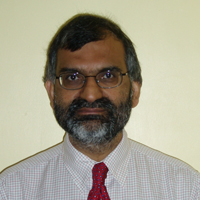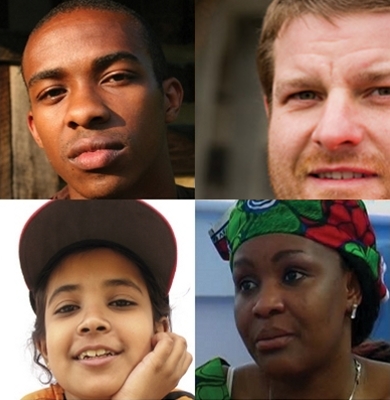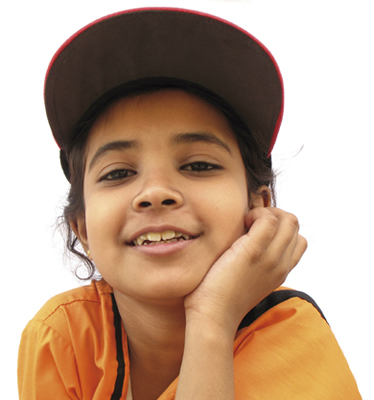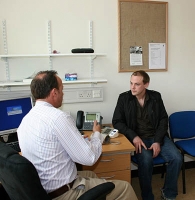Ethnicity and Culture course for GPs



This session looks at cultural factors which may be important to your patients and describes ways which will help ensure that the care they receive is appropriate.
This session was reviewed by Khyati Bakhai and last updated in December 2021.
Learning objectives
By the end of this session you will be able to:
- describe your own cultural influences
- recognise the abundance of cultural differences within groups as well as between them
- suggest ways of eliciting and working with the customs, beliefs and attitudes of your patients to improve health outcomes
There are many definitions of culture, but most of them refer to the fact that it is acquired and that it affects the way we perceive the world around us and the way in which we interact with it.
Jackie Beavan qualified as a nurse in 1971 and was a hospital nurse until the mid-eighties. Since then, she has worked in education and training and has a special interest in communication, equality and diversity.
She has a BA in English, a BSc in Health Science and an MA in Linguistics. In 2002, she helped to update the second edition of ’Valuing Diversity’, an educational resource for GPs, commissioned by the RCGP and edited by Joe Kai. She was also involved in the research and development of ’PROCEED: Professionals responding to ethnic diversity and cancer’, an educational resource commissioned by Cancer Research UK, also edited by Joe Kai.
Jackie is based at the Interactive Studies Unit in the Department of Primary Care and General Practice at the University of Birmingham. Her main role there is to deliver courses in advanced communication skills to senior health professionals working in cancer care. She is also involved in delivering training in communication, equality and human rights for health professionals and medical students. Currently, she is working with Heart of Birmingham Primary Care Trust on a human rights pilot project in conjunction with the Department of Health and the British Institute of Human Rights.


Dr Gill is a Reader in Primary Care Research at the University of Birmingham and a GP in Birmingham. His research interests include addressing health inequalities particularly amongst migrant populations and evidence-based health care and its application to health care delivery. In addition he is also the Regional Patron for the charity South Asian Health Foundation
- Communication Impairments Part 4: Autistic Spectru...
- Posted By eIntegrity Healthcare e-Learning
- Posted Date: 2025-01-22
- Location:Online
- This session is the last of four that looks at different speech, language and communication impairme...
- Communication Impairments Part 3: Cleft Palate, He...
- Posted By eIntegrity Healthcare e-Learning
- Posted Date: 2025-01-22
- Location:Online
- This session is the third of four which describe different speech, language and communication impair...
- Communication Impairments Part 2: Specific Speech ...
- Posted By eIntegrity Healthcare e-Learning
- Posted Date: 2025-01-22
- Location:Online
- This session is about speech sound disorder (SSD). It describes the characteristics associated with ...
- Communication Impairments Part 1: Late-talking Tod...
- Posted By eIntegrity Healthcare e-Learning
- Posted Date: 2025-01-22
- Location:Online
- This session is the first of four which describe different speech, language and communication impair...
- Typical Development Part 2: First Words and Early ...
- Posted By eIntegrity Healthcare e-Learning
- Posted Date: 2025-01-22
- Location:Online
- This session gives an overview of the main aspects of how language typically develops in children. I...








